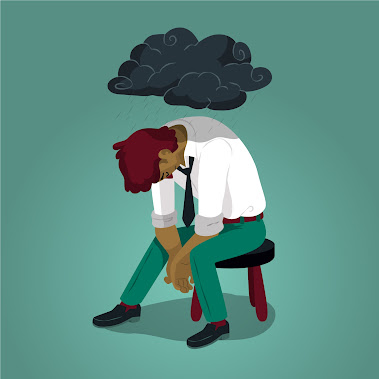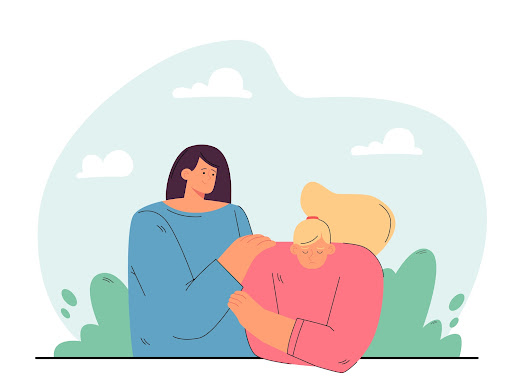DBT for Depression

By 2020, 21 million adults in the US, or 8.4% of the population, are expected to have had serious depression at least once. There are several procedures for treating depression, including different kinds of psychotherapy, antidepressant drugs, and a combination of the two. Dialectical behaviour therapy (DBT), a particular type of psychotherapy, may be a successful method for treating depression in certain patients. To help with emotional dysregulation, which is frequent in depression, DBT treatment employs four approaches. Mindfulness, distress tolerance, emotional control, and interpersonal effectiveness are some of the DBT treatment strategies. Continue reading to find out more about the science of DBT and depression as well as how this behavioural therapy method may be a useful component of your treatment strategy. Can DBT be Used for Depression? DBT has been successfully used to treat a number of different mental health issues, including depression and bipolar disorder, since ...



